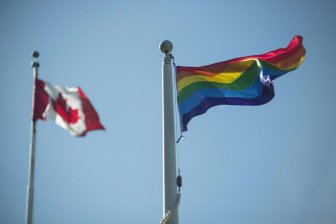Facial recognition as Parliament Hill security tool would pose legal, privacy risks: study – National | Globalnews.ca
A study prepared for the parliamentary protective unit says the use of facial recognition technology as a security tool on Parliament Hill would pose substantial legal, privacy and human rights risks – and might even be unlawful.
It warns the technology could be used to surveil, track, identify or misidentify a person, and might lead to decisions that result in them being stopped, questioned, detained or arbitrarily prevented from entering the parliamentary precinct.
Read more:
Ottawa seeks to dismiss planned lawsuit against RCMP over facial recognition tool
The findings come amid heightened concern about the safety of politicians and those who participate in the public arena following a spate of verbal abuse and threats directed at members of Parliament and journalists, particularly women and people of colour.
The report was completed in April by the Leadership Lab at Toronto Metropolitan University at the request of the Parliamentary Protective Service, which funded the research.
Read more:
Police can’t use facial ID technologies for mass surveillance: Canada’s privacy watchdogs
Information was gathered through interviews with protective service members as well as lawyers, scholars and people with expertise in facial recognition.
The Parliamentary Protective Service says it does not use – nor does it intend to introduce – facial recognition technology, but adds that it needs to learn more about “emerging and ever-evolving threats and technologies” to ensure physical security within the parliamentary precinct.
© 2022 The Canadian Press
For all the latest Technology News Click Here




